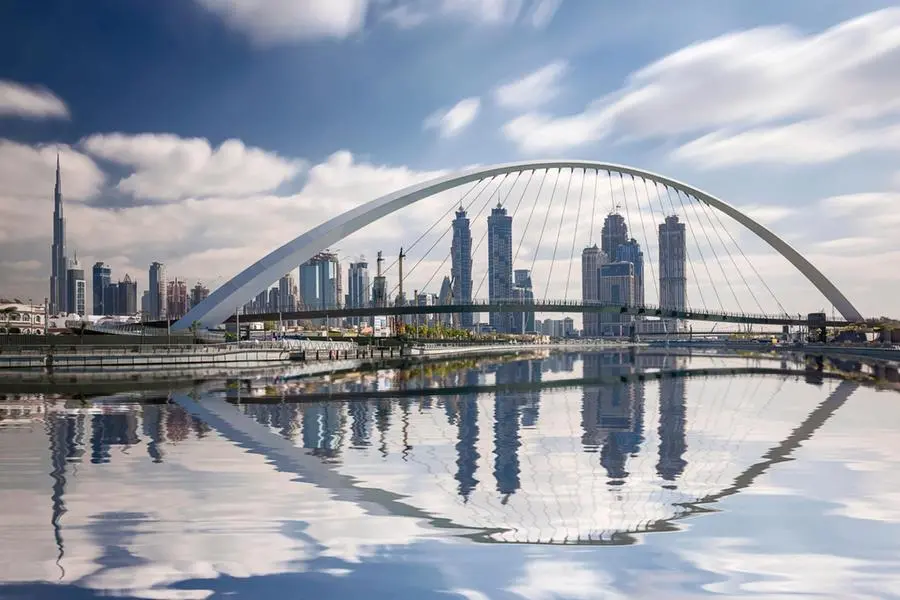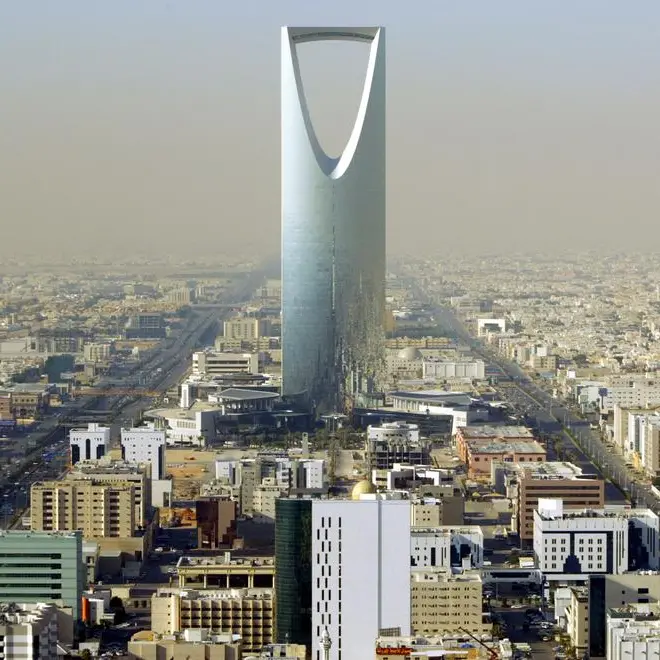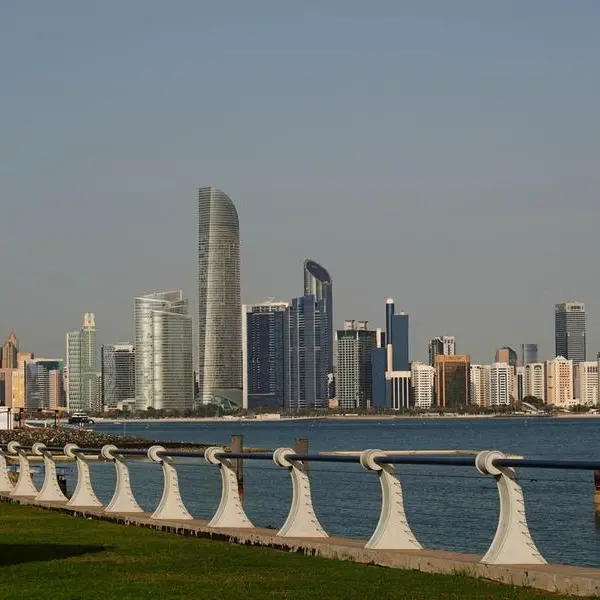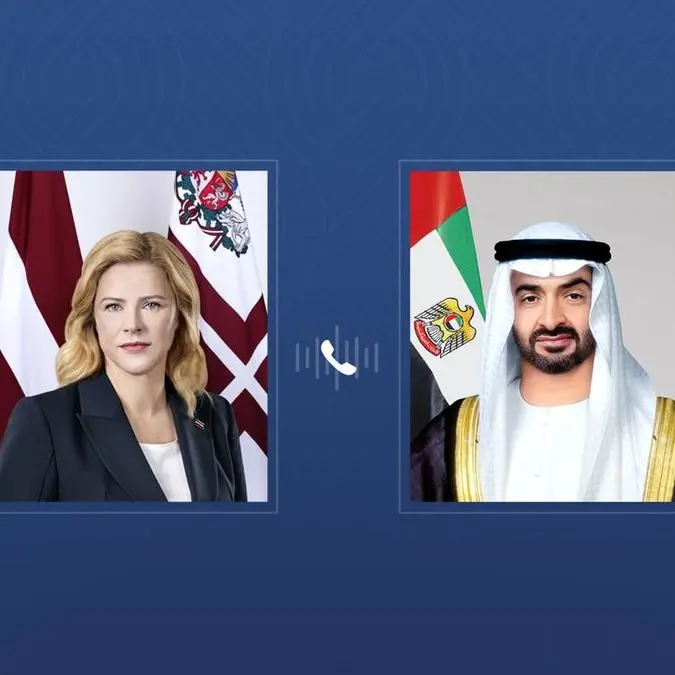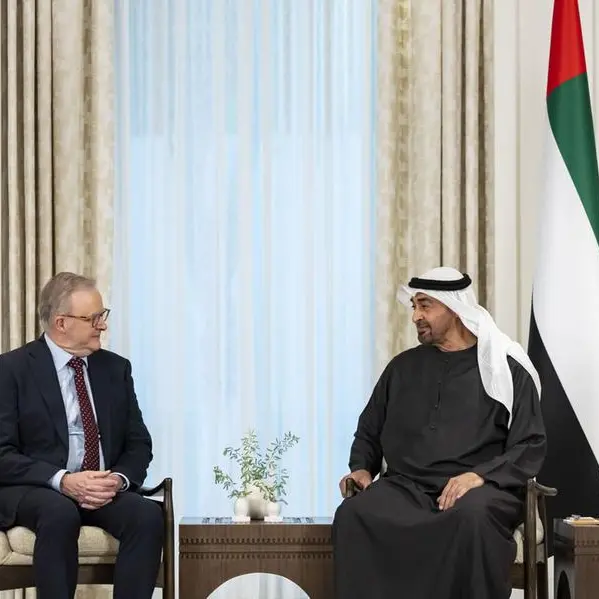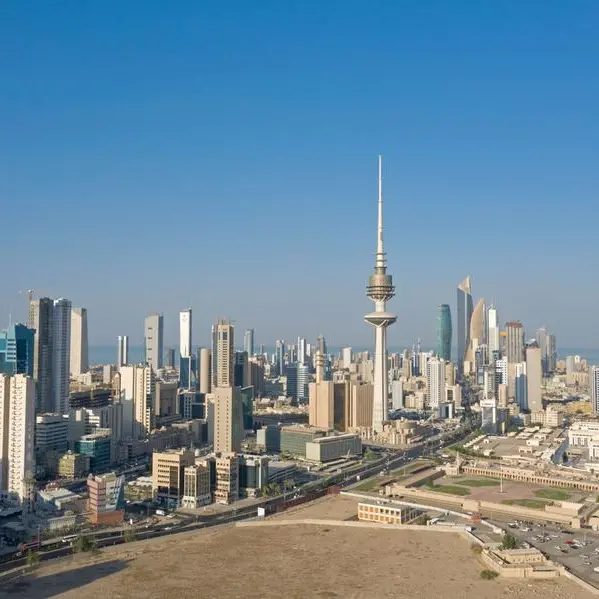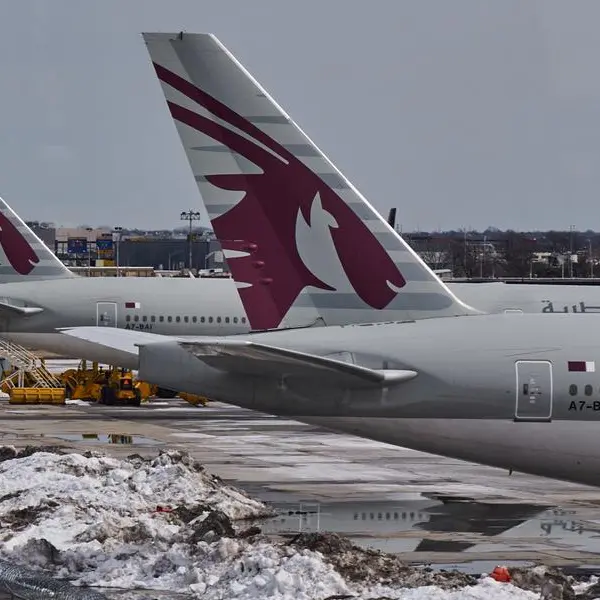PHOTO
Dubai is one of the few cities globally to emerge stronger from the pandemic, as more people come to the emirate to leave behind uncertainty related to COVID-19 in Asia and geopolitics in Europe.
Swiss bank Julius Baer highlighted the movement of people into the city, as well as businesses, including private equity, hedge funds and family offices, as evidence of its increased strength.
The bank also pointed out the “upbeat” hospitality industry in the city, in which hotel prices rose a staggering 195 percent year-on-year, helping bring up the average hotel price increase across Europe, the Middle East and Africa (EMEA) to 50 percent.
Mark Matthews, head of research, Asia, for the Swiss bank Julius Baer, said despite price rises, the city is still “relatively affordable” compared to others globally that are popular with high-net-worth individuals (HNWIs), as prices in the emirate are simply not rising as fast as elsewhere.
At a press conference to launch the bank’s Global wealth and lifestyle report, 2022, Matthews said Dubai is now ranked 14 out of 24 cities globally for the highest cost of living for HWNIs, down two places from last year.
Shanghai is ranked number one as the most expensive, while London is second on the list, up from number eight, with the remaining three out of the top five all being Asian cities.
This is at a time when inflation on cost of living has risen for HNWIs, said Matthews, having lagged behind that for non-wealthy people for the decade prior to the last year.
Until last year, inflation for HNWIs was less than one percent, he said, but then reached 6.5 percent in Asia, 7.5 percent on a global basis, with “regular” inflation for the world economy averaging six percent, he said.
“What I would say is the rate of inflation has risen for everybody, but curiously it has risen for wealthy people by a lot more. It is currently higher than the average person’s rate of inflation.”
Dubai prices have continued to rise, he said, with average price rises 19 percent, but it is still cheaper than some of the cities that wealthy people choose to live in around the world.
“It’s because the other cities became more expensive, particularly Sydney and Sao Paolo. Those cities were below Dubai in the ranking last year but are above it this year.”
“A lot of talent is moving [to Dubai] from Asia because of COVID policies and uncertainties in Europe,” said Omar Barghout, head of advisory, Middle East. “Banks, private equity, hedge funds, family offices, very well-known names are moving here,” he said, contributing to higher residential property prices.
High oil prices are supporting the economy, allowing government surplus to be invested in economies, he added, pointing out that GDP numbers are encouraging and the purchasing manager’s index shows the UAE in expansion mode.
“It’s a strong signal to the market that the UAE is very resilient, they’re coming out of the pandemic a very strong place to be,” he concluded.
(Reporting by Imogen Lillywhite; editing by Seban Scaria)
(imogen.lillywhite@lseg.com)
